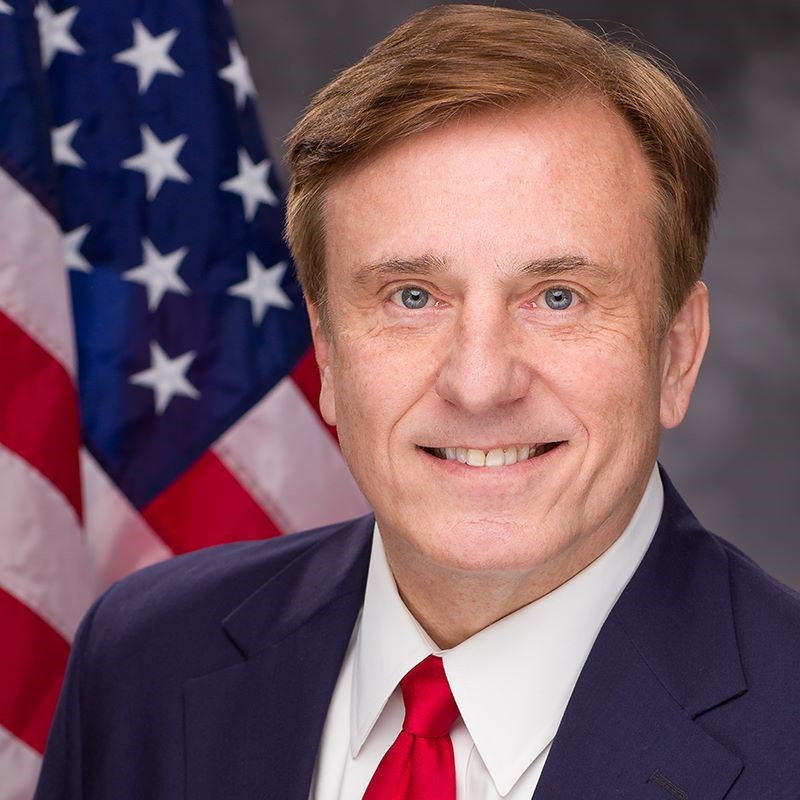Louisiana State Treasurer John Fleming, M.D., has reaffirmed his steadfast opposition to House Bill 836, proposed by State Representative Jack McFarland, citing concerns over potential financial risks and lack of accountability.
“HB 836 attempts to bypass the scrutiny of the Bond Commission for long-term financial obligations for political subdivisions, such as municipalities, and could open the door for predatory lending practices,” remarked Dr. Fleming, emphasizing the bill’s potential repercussions.
Dr. Fleming warned that such a move could pave the way for predatory lending practices, potentially jeopardizing the creditworthiness of both political subdivisions and the state itself. He stressed, “Such obligations could impair the credit worthiness of those political subdivisions and the State of Louisiana.”
Moreover, Dr. Fleming highlighted the issue of public fees being imposed without the consent of citizens, describing it as “taxation without representation.”
“The Louisiana State Treasurer’s Office maintains that new bond issues are financial obligations that must be approved by the State Bond Commission,” Dr. Fleming clarified, underlining the importance of transparency and oversight in financial matters.
Efforts to address concerns through negotiations with Rep. McFarland and other legislators have been ongoing for several weeks. However, despite collaborative discussions and proposed amendments, Dr. Fleming expressed disappointment that the latest revisions fail to address the core issues raised by the Treasurer’s Office.
As a result, Dr. Fleming maintains his strong opposition to the passage of HB 836, urging legislators to vote against the bill. He emphasized the importance of prioritizing the best interests of Louisiana’s citizens and ensuring responsible financial practices.
“The Louisiana State Treasurer’s Office remains committed to working closely with all members of the legislature on any matter that will benefit the citizens of our state,” concluded Dr. Fleming, reaffirming the office’s dedication to collaborative efforts for the state’s welfare.


